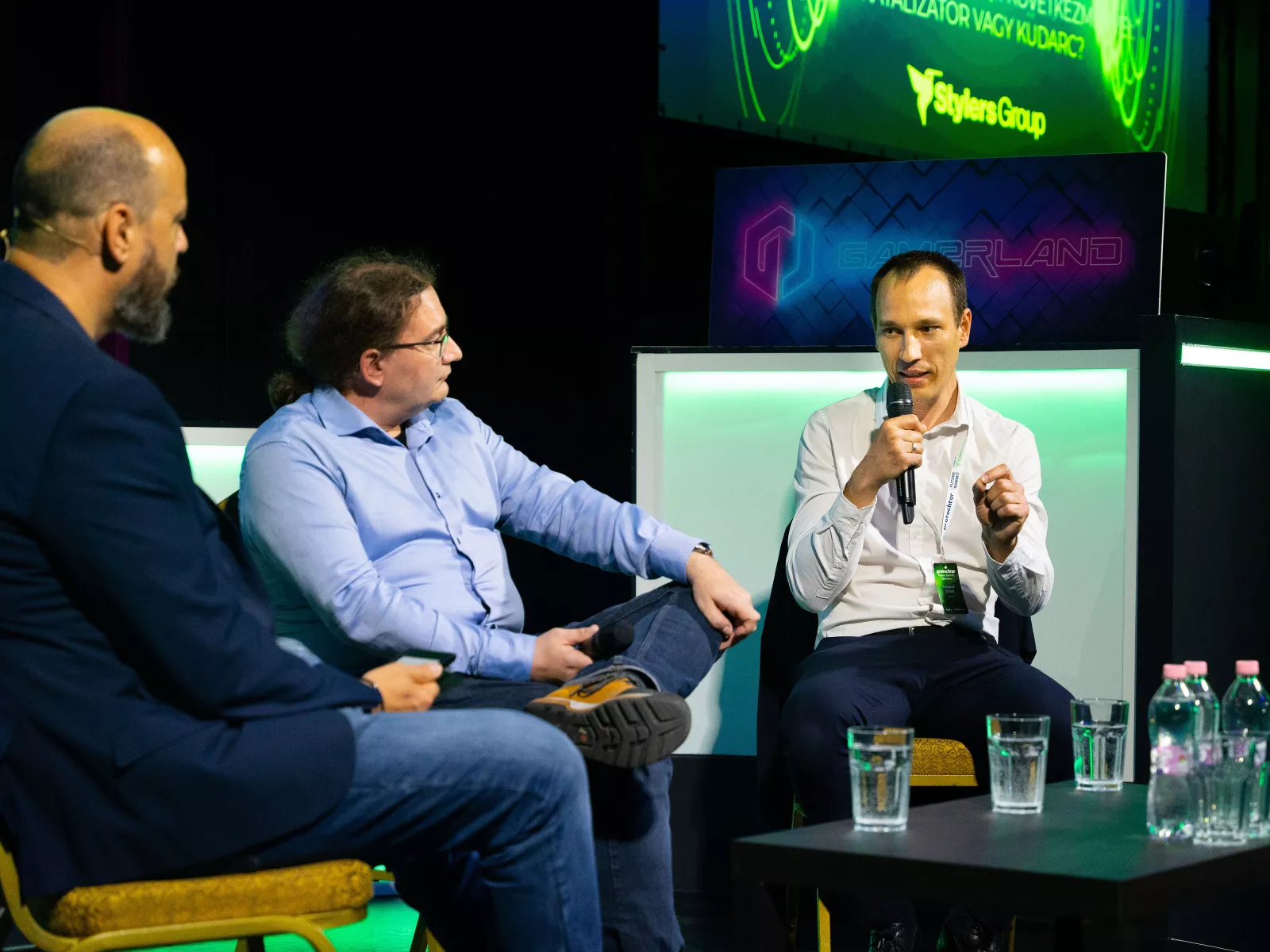
The topic of the discussion was whether we can live for a thousand years, and if so, whether we would want to, following Csaba Kerepesi's research on artificial intelligence (AI) in aging. The panel also included futurist Árpád Rab and AI advisor György Tilesch.
At the event held in Budapest on May 13, 2024, various aspects of AI were addressed. The official press release on the life extension section reads as follows:
"During the discussion focusing on life extension and the possibility of eternal life, futurist Árpád Rab emphasized that in the past hundred years, we have managed to double our attainable lifespan to 90 years, and the current goal is to push it to 100-120 years. Moreover, the real aim of today's research is to ensure that during the increasingly extended lifespan, we remain healthy for as long as possible, essentially slowing down aging. According to the expert, science is already capable of many things: we can precisely cut and insert DNA chains, there are treatments that reduce cell erosion, as well as stem cell research and cloning. However, the question remains how widely accessible these will be in the future. Rab Árpád also stated that while the future challenge is the significant extension of lifespan, the important trend in the next decade will be the livable elderly life, living the already extended life in health and a more vital body.
Csaba Kerepesi, AI expert and aging researcher (HUN-REN SZTAKI, MILAB), explained that the current goal is to extend the healthy phase of human life as much as possible. However, there are two types of aging researchers: one group works towards living 120 years healthily, while the other aims for living as long as possible, even up to 1000 years. The expert noted that there is currently immense interest in this topic in Silicon Valley, with significant capital flowing into companies researching rejuvenation. The researcher believes that in the future, life-extending treatments will eventually be funded by governments, as it is economically beneficial in aging societies. Both experts agreed that regardless of the possibilities offered by science, environmental factors will continue to play a decisive role in quality of life. It is crucial in which demographic and sociocultural environment one lives, how they eat, and what lifestyle they follow."